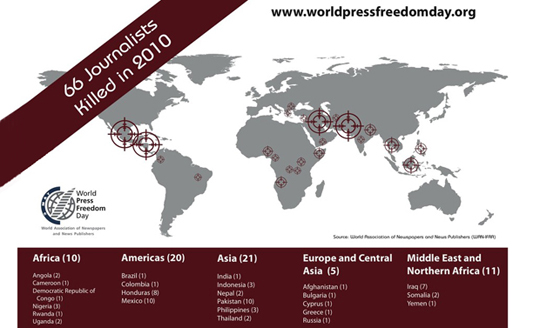Guardian media and technology editor Dan Sabbagh reports this afternoon that reporters’ and newspapers’ Twitter feeds are expected to brought under the regulation of the Press Complaints Commission later this year.
According to Sabbagh’s report, Twitter accounts that include the names of publications and are clearly “official” – he cites @telegraphnews and @thesun_bizarre as examples – are likely to come under regulation, but reporters’ individual work accounts could also be brought under the commissions’ ambit.
The PCC believes that some postings on Twitter are, in effect part of a “newspaper’s editorial product”, writings that its code of practice would otherwise cover if the same text appeared in print or on a newspaper website.
A change in the code would circumvent a loophole that – in theory – means that there is no form of redress via the PCC if somebody wanted to complain about an alleged inaccuracy in a statement that was tweeted. Last year the PCC found it was unable to rule in a complaint made against tweets published by the Brighton Argus.
